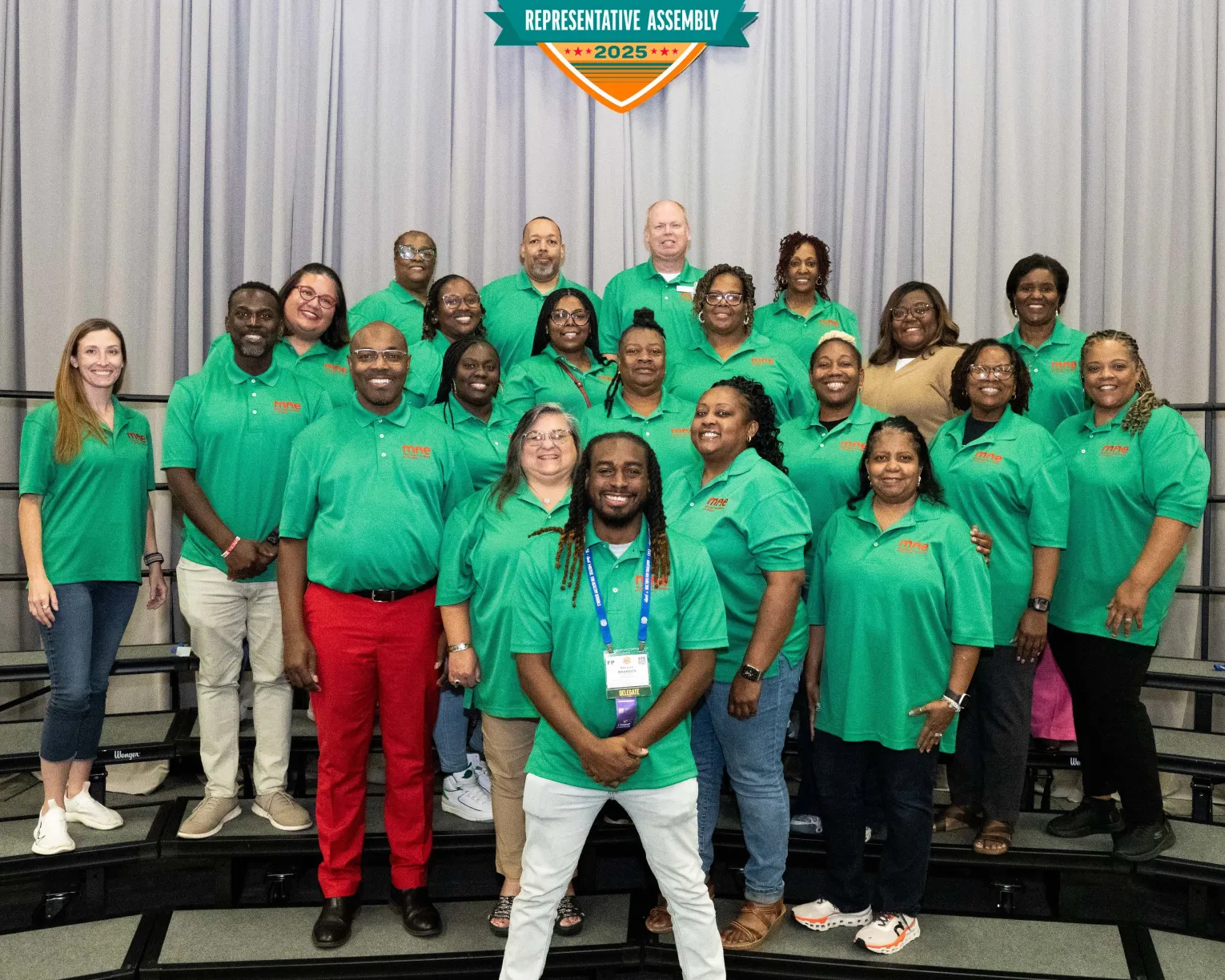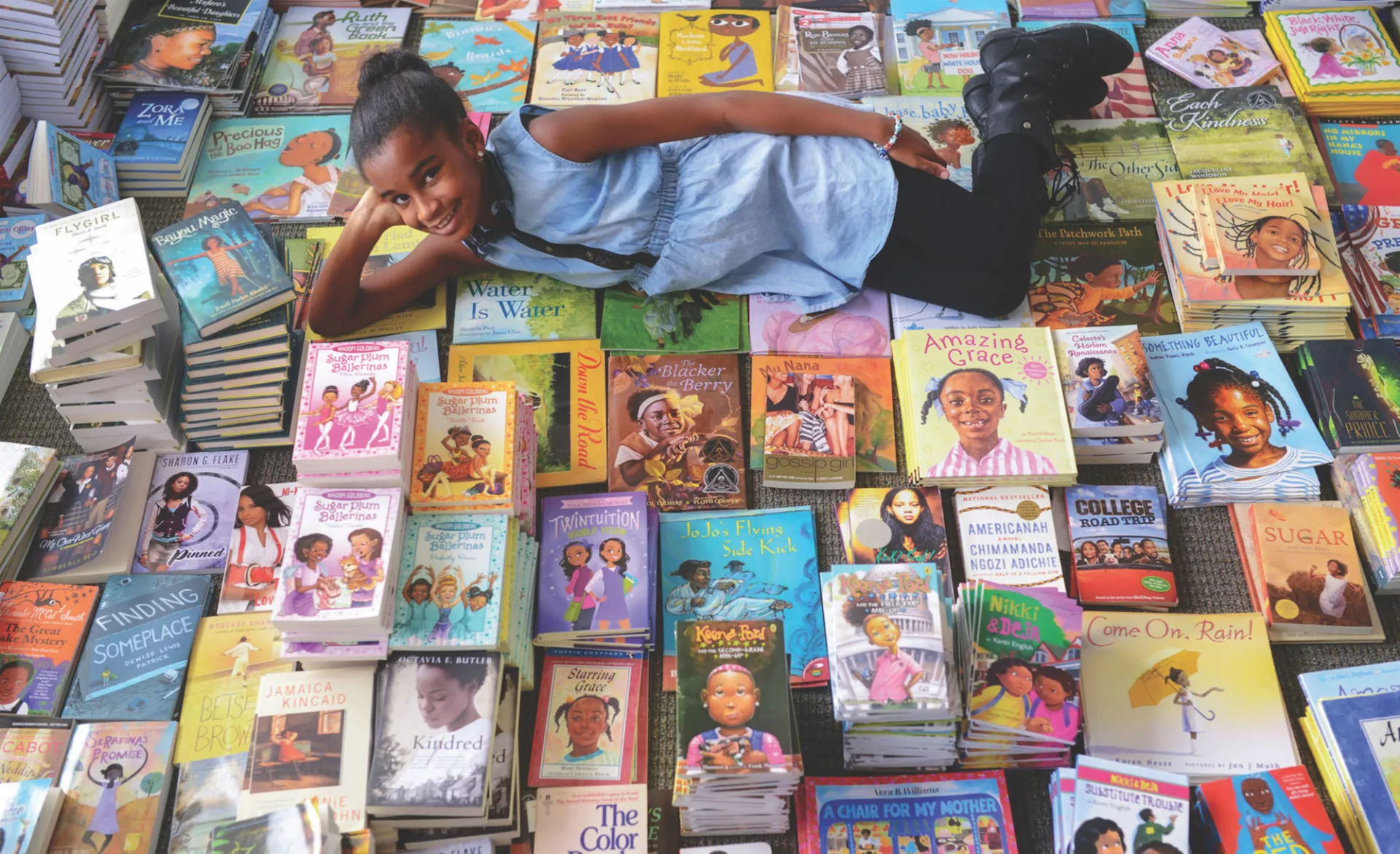
Activist, author, and NEA Read Across America Ambassador Marley Dias is the teenage powerhouse behind #1000BlackGirlBooks, a campaign to collect and donate books about Black girls, which she knows are too rare in libraries and bookstores. Recently, she spoke to NEA To- day about how Read Across America books, which celebrate diversity and teach lessons about inner strength, can help young readers make positive change in the world.
What book sparked a light inside you to take action and make changes in your world?
When I was 9, I got Brown Girl Dreaming by Jacqueline Woodson for Christmas. It was a book that challenged me, that told my story, that made me feel understood and helped me discover who I was. When I saw a lack of diversity and a lack of Black girl characters in the books at school, I thought about the messages of Brown Girl Dreaming, which gave me words I could use to stand up for myself and words for my feelings as a Black girl underrepresented in literature. That’s when I began the #1000BlackGirlBooks campaign.
Why should educators make it a priority to include inspiring, diverse books in lessons?
We live in communities, and the youngest in our communities can’t serve the needs of the community if they’re not taught they have the ability. If we don’t teach them they can make changes, we’ll still have the same world we do now. Power is always shifted to the next generation of artists, dreamers, and changemakers. I’d ask educators and everyone to consider the dangers of not telling our young people to believe in their self-efficacy and that they can and should be active members of a community and citizenry. Their actions to effect positive change will benefit our entire society. What you pour into this generation will serve us all.
How does banning books harm young readers’ ability to become agents for positive change?
When we ban books, we are limiting exposure to ideas. This limitation to ideas stunts our ability to understand and connect with each other and to imagine. The books that are being banned clearly demonstrate an attempt to erase or reduce the stories of vulnerable and marginalized populations. This is an attempt to bridle diverse ideas. The consequences are far-reaching and can damage a kid’s ability to draw accurate conclusions about the world, which quashes innovation and equity.
Looking for a banned book to read?
Text BANNED to 48744 to receive a book recommendation from NEA— and be sure to tear out your free bookmark from the inside flap of the magazine cover!

